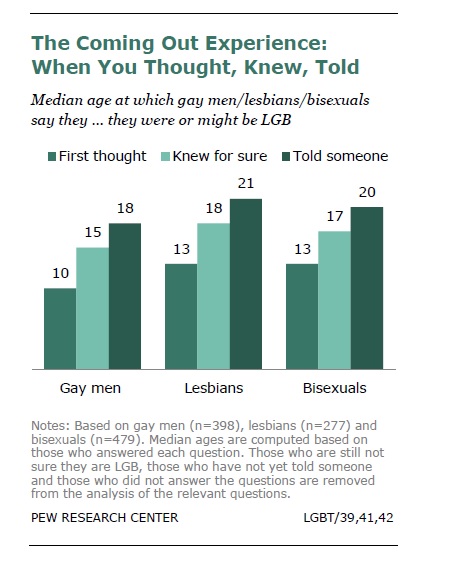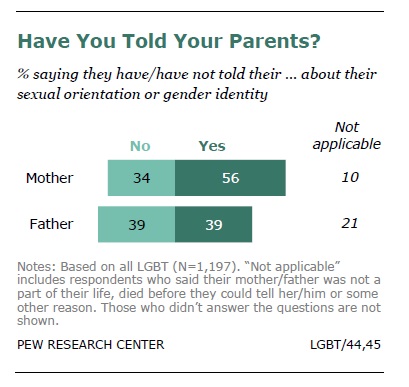
Happy Mess by Ian Paul Messersmith
directed by Sarah Campbell
dramaturgy by Ariana Burns
packet prepared Summer 2020
(Moscow Idaho’s Rotary Park water tower photo by Elaina Pierson)
Happy Mess is in development at the University of Idaho Theatre Arts Department through the Fall 2020 semester.
TOPICS
In the play Happy Mess, Bella is invited to speak at the Young Leader’s Organization about her childhood and becoming a business owner in Bridge Water. The company is an economic anchor for her hometown. Bella doesn’t talk about it, but start-ups are difficult to make a go of and attest to her tenacity and savvy to make her ad agency a viable concern.
Fortune Magazine generates an annual list of the highest revenue generating corporations known as the Fortune 500. Currently on this list there are three openly gay CEOs:
Tim Cook with Apple,
James Fitterling of The Dow Chemical Company, and
Beth Ford who in 2018 became the first female CEO of Land O’Lakes, and the first openly lesbian CEO to run a Fortune 500 company (Carpenter).
There are currently 37 women running Fortune 500 companies (Connley).
On Ford’s appointment to CEO, Carpenter wrote that there are very few role models for women in business. The corporate world is still dominated by straight, cis-gendered leaders. A Human Rights Campaign survey showed that nearly half of all LGBT+ Americans aren’t out at work (Carpenter).
In an article for The Atlantic, Levenson found that Corporate America has become more accepting of LGBT+ workers in recent years, adding stronger non-discrimination policies and same-sex marriage benefits but at the same time it has not led to increased activism at the top. The rationale for this is fear of a consumer boycott if they learned the company is headed by a gay CEO (Levenson). This is echoed by Miller who wrote that discrimination can be hidden as a business strategy “— We’re tolerant, but our customers might not be.”
There is the possibility of change with Ford already being out when she was appointed. Carpenter interviewed Matt Kidd, executive director of Reaching Out MBA, a nonprofit organization for the LGBTQ MBA and graduate community:
“Where we can kind of measure success is with mid and lower-level employees, seeing an increase in LGBTQ representation there,” he says. “They’re going to be out their entire careers, and the presumption is they’ll rise up as others have, and what we want to look closely at is if someone is starting their career as out, is that in any way hindering them as they advance?”
Carpenter, Julia. “A new first for LGBTQ business leaders” CNN Money. July 27, 2018. https://money.cnn.com/2018/07/27/news/companies/lgbtq-ceos/index.html. Last Accessed: August 16, 2020.
Connley, Courtney. “The number of women running Fortune 500 companies hits a new high” May 19, 2020. https://www.cnbc.com/2020/05/19/the-number-of-women-running-fortune-500-companies-hits-a-new-high.html#: Last Accessed: August 16, 2020.
Levenson, Eric. “Corporate America Doesn’t Have Any Openly Gay CEOs. Or Does It?” The Atlantic. May 16, 2014. https://www.theatlantic.com/national/archive/2014/05/corporate-america-still-doesnt-have-any-openly-gay-ceos/371049/. Last accessed July 28, 2020.
Miller, Claire Cain. “Where Are the Gay Chief Executives?” New York Times. May 16, 2014. https://nyti.ms/1gJLwum. Last Accessed: August 16, 2020.

